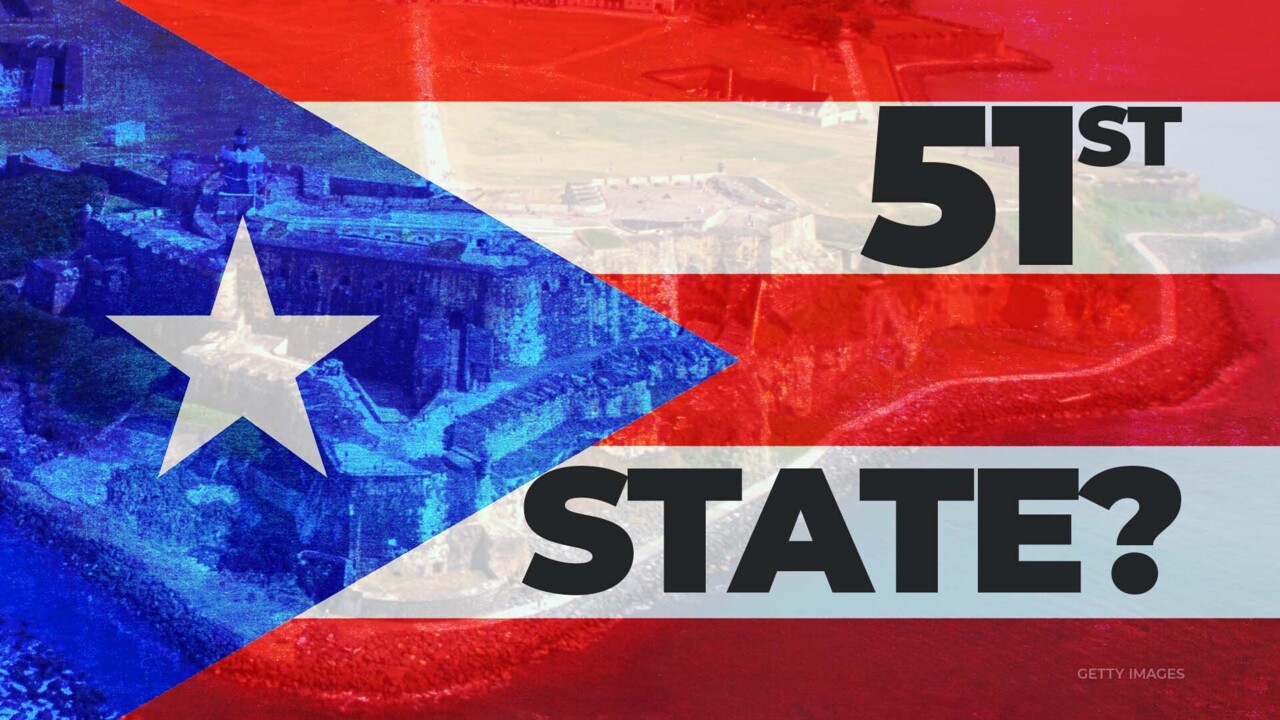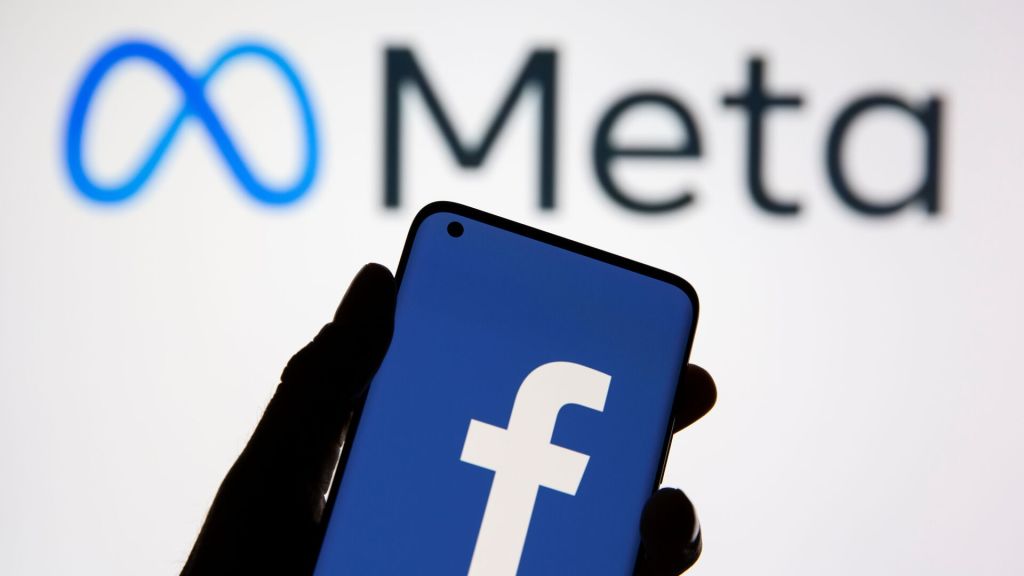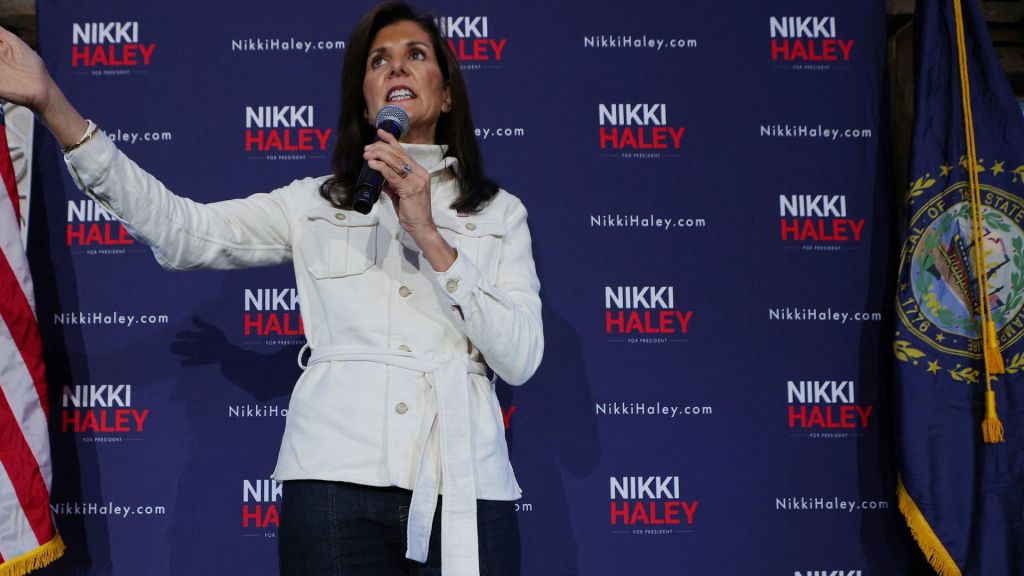
The House of Representatives wants to give Puerto Rico the chance to decide its own future by bringing forward the Puerto Rico Status Act. If fully approved and signed into law, it would set up a binding referendum on November 5th 2023, in which Puerto Ricans would choose from among three options: statehood, independence, or sovereignty in free association with the United States.
McGovern: “It is time Congress recognizes that Puerto Rico has no interest in being a colony. Just as we in the US should have no interest in being a colonizing power in 2022.”
The House passed the bill, but the votes fell largely along party lines, with democrats supporting and republicans opposing. Democrats contend it’s about the right to self-determination.
Rep. Steny Hoyer, D-MD: “For far too long, however, the people of Puerto Rico have been excluded from the full promise of American democracy and self-determination that our nation has always championed.”
Republicans expressed displeasure that the bill was pushed through at the end of the year with little notice and insufficient time for consideration. They say it is poorly written and has no chance to become law this late in the Congress.
Rep. Guy Reschenthaler: “If Puerto Ricans vote to become a sovereign or independent nation, this legislation tells them what they have to include in their new constitution, how they have to ratify their constitution, and how elections for government officers should take place. And my friends across the aisle want to talk about colonial power. What’s that sound like?”
Whatever Puerto Ricans choose during a referendum, the US government would then help the island transition on a pre-set timeline. For instance if they choose independence, there would be a constitutional convention within six months, and the resulting document would have to be ratified by the people.
Under sovereignty in free association, Puerto Rico would have its own constitution and leaders, and rule itself, but still have a small financial relationship with the US and receive military support if necessary.
If they choose statehood, the President would be required to make a proclamation within a year. Puerto Rico’s Governor would then set dates and requirements for elections for the state’s Senators and Representatives in Congress.
If Puerto Rico became a state it would have significant political ramifications. The island has no voting representation in congress, its residents can’t vote in Presidential elections and it does not receive certain tax revenues assigned to states. The commonwealth has about the same population as Iowa, which has four representatives in the House, and six electoral votes in Presidential elections.
Puerto Rico’s political status has been debated for years.
In 2020, the territory voted in favor of statehood 52-47 percent. However, while that vote was official in Puerto Rico and called on its government to begin negotiations, it could not compel the US government to accept the results. In 2017, another non-binding resolution was approved with 97% of the vote, but there was only 23 percent turnout. In 2021, Puerto Rico’s Governor advocated for statehood in a CBS News documentary.
Pedro Pierluisi: “How come we are citizens of the most democratic nation in the world yet we do not vote for the president of that nation. How come we have no voting representation in congress as American citizens. It’s like geographic discrimination and it makes no sense. We’re not immigrants.”
But this bill does not appear to have enough time or support to get through Congress before the end of the session. So regardless of which way it ultimately goes, Pierluisi and his fellow citizens will have to wait. Straight from DC, I’m Ray Bogan.






